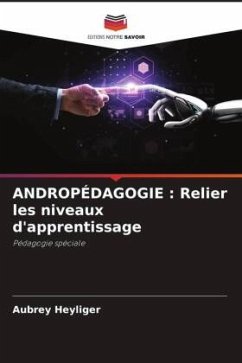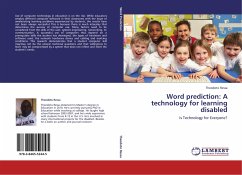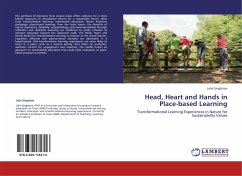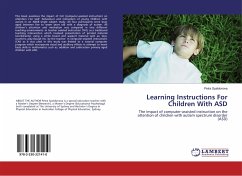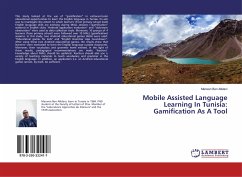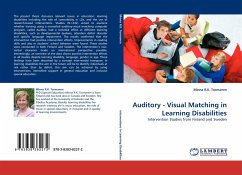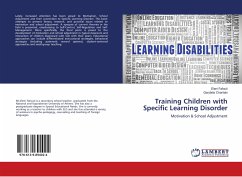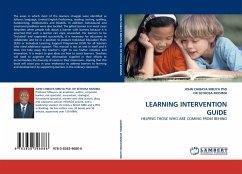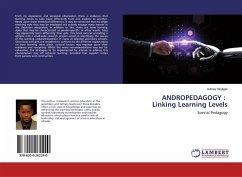
ANDROPEDAGOGY : Linking Learning Levels
Special Pedagogy
Versandkostenfrei!
Versandfertig in 6-10 Tagen
27,99 €
inkl. MwSt.

PAYBACK Punkte
14 °P sammeln!
From my experience and personal observation there is evidence that learning tends to take place differently from one student to another. Based upon these individual differences, it may be construed that no single teaching style that may be employed will actively engage every learner in the classroom adequately. In addition to this, there are some learning styles that may be characterized as gender-specific. In other words, boys may apparently learn differently than girls. This book aims at providing a glimpse into a small-scale research project aimed at identifying the causes of the seeming un...
From my experience and personal observation there is evidence that learning tends to take place differently from one student to another. Based upon these individual differences, it may be construed that no single teaching style that may be employed will actively engage every learner in the classroom adequately. In addition to this, there are some learning styles that may be characterized as gender-specific. In other words, boys may apparently learn differently than girls. This book aims at providing a glimpse into a small-scale research project aimed at identifying the causes of the seeming underachievement in males at selected secondary schools. Since boys and girls are socialized to conform to the different expectations on how learning takes place, cultural factors may impinge upon their readiness and receptivity. Whilst the many recommendations may not be exhaustive, the strategies to be implemented by schools to address this phenomenon may oft enhance learning, provided that support comes from parents and communities.



